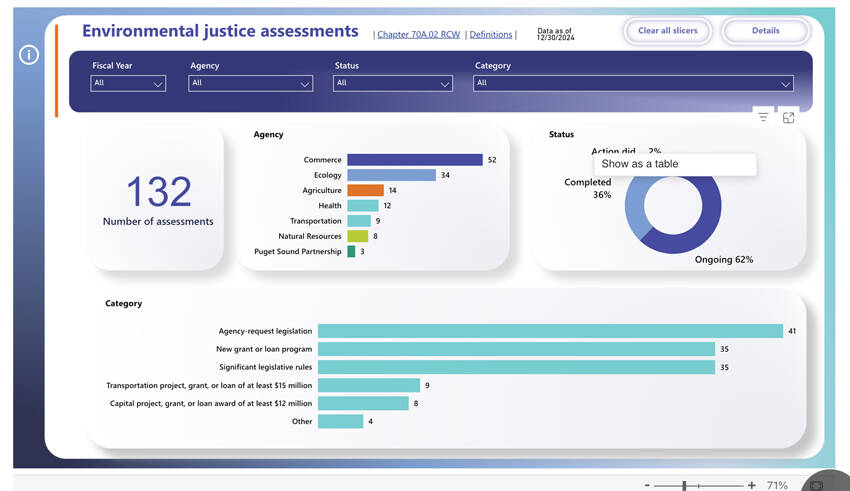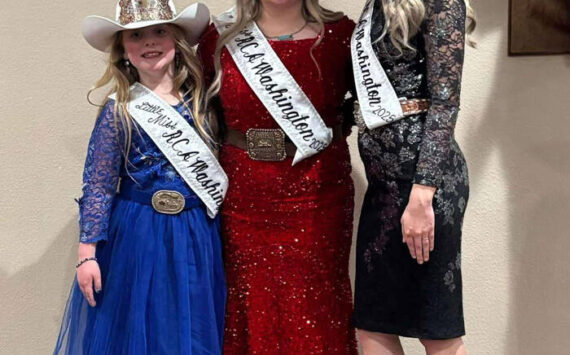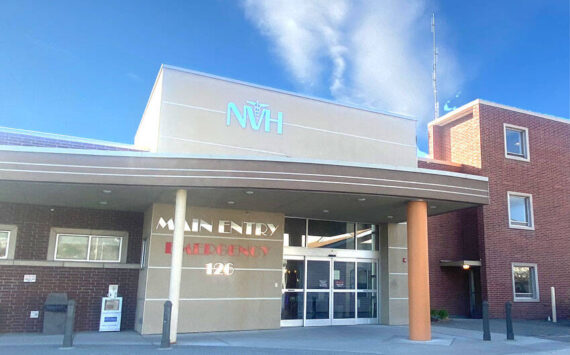OLYMPIA – The recently released Healthy Environmental for All (HEAL) Act dashboard shows that the Washington State Department of Natural Resources (DNR) has made genuine progress in incorporating environmental justice into Agency actions.
The HEAL Act, passed in 2021, transforms how agencies like DNR incorporate environmental justice into decisions on budgets and funding. It requires agencies to direct 40% of all grants and expenditures that create environmental benefits to vulnerable populations and overburdened communities. Since implementation of the HEAL Act, at DNR 58% of all grants and expenditures that create environmental benefits went to vulnerable populations and overburdened communities, roughly $48 million. Additionally, DNR spends more than most of the other HEAL agencies and this number is anticipated to grow in future years.
“I’m proud of what DNR has accomplished in the first years of the HEAL Act,” said Commissioner of Public Lands, Hilary Franz. “DNR staff have made improving environmental health for Washingtonians who live in overburdened and historically underinvested in communities a systematic focus, and we’re beginning to see the results of that focus”.
The HEAL Act mandates that DNR creates opportunities for the equitable distribution of environmental benefit. This means incorporating environmental justice in decisions, providing meaningful opportunities for the public to participate, and considering adverse impacts of budget decisions on communities. With this focus, every program that provides grants or makes investments at DNR participated and created some benefit for vulnerable populations in overburdened communities. Due to these efforts, the Agency substantially exceeded its targets for overall benefit to these communities.
“These initial results show what can be accomplished by ensuring that we stay focused on supporting and empowering overburdened communities,” said Eliseo “EJ” Juarez, DNR’s Director of Equity and Environmental Justice. “But this is only the start – we’ve made a lot of progress, but there is much more work to be done. The dashboard will give Washingtonians the power to track our efforts and ensure that environmental justice remains a key focus at DNR and other agencies.”
Transparency and accountability are critical pieces of the HEAL Act. The interactive map published by the Office of Financial Management in November gives communities, lawmakers, and others a way to track DNR’s, and Washington State’s, progress towards implementing the budget and funding goals of the HEAL Act.







